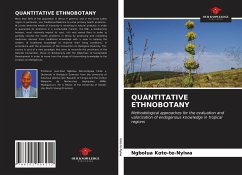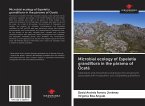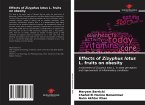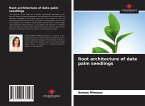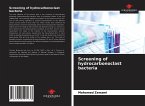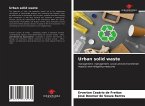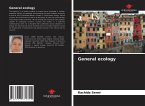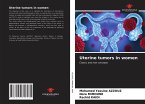More than 80% of the population in Africa in general, and in the Great Lakes region in particular, use Traditional Medicine to solve primary health problems. At a time when the whole of humanity is resorting to natural products in order to guarantee its existence in a sustainable manner, the DRC, a biodiversity hotspot, must rationally exploit its vast, rich and varied flora in order to partially resolve the health problems in Africa by producing and marketing medicines derived from traditional knowledge with a view to helping the holders of traditional knowledge to improve their living conditions, in accordance with the provisions of the Convention on Biological Diversity. This course is part of a new paradigm that aims to reconcile the provisions of the Helsinki Convention, those on Biodiversity with the Objectives of Sustainable Development in order to move from the stage of transmitting knowledge to the creation of intelligences.
Hinweis: Dieser Artikel kann nur an eine deutsche Lieferadresse ausgeliefert werden.
Hinweis: Dieser Artikel kann nur an eine deutsche Lieferadresse ausgeliefert werden.

